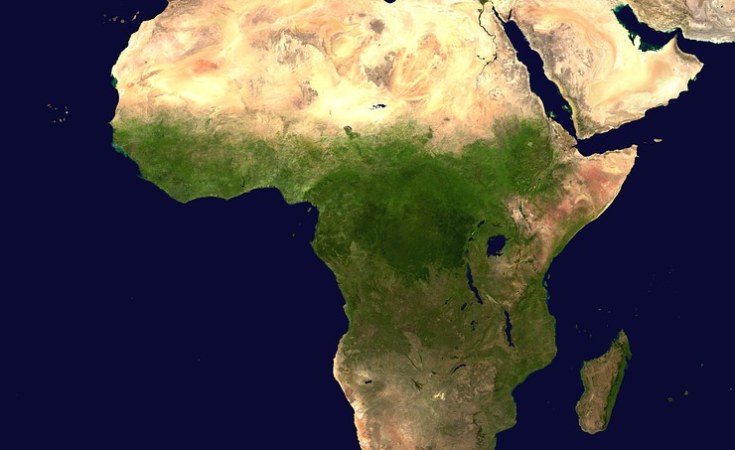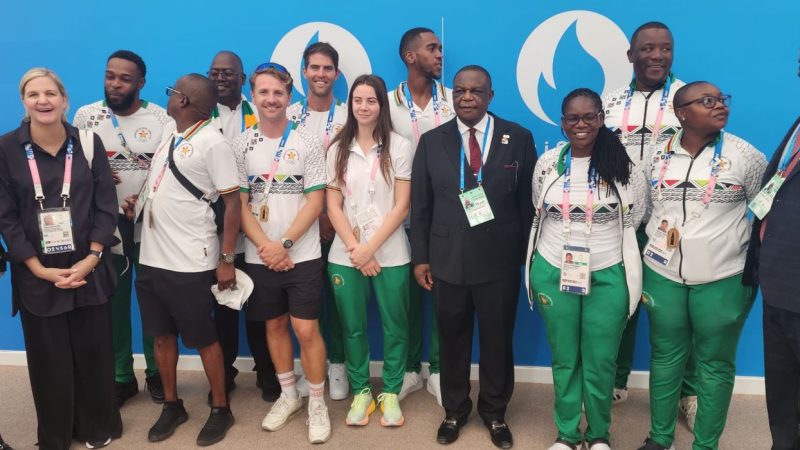Africa: Time EU-Africa Partnership Acts On Climate

After years of delays, the sixth summit of European Union (EU) and African Union (AU) heads of state and government happens in Brussels, Belgium on 17 and 18 February, under the joint chairmanships of the host country and Senegal.
The summit is important owing to its potential to reset the Europe-Africa relationship in the changed context of post-Covid-19 green recovery, and the entire question of climate change as a looming emergency.
It is coming in a year in which both continents seek to extend their geopolitical roles and create economic transformation of their peoples after suffering the consequences of the pandemic.
Africa has the world’s largest RE resources, enough to meet a quarter of its energy needs by 2030, create jobs and offer unlimited benefits.
This is critical on a continent where 580 million people have no access to power and almost literally live are living in darkness.
Collaborations are critical in climate adaptation, resilience, in developing a robust and equitable trade between the continents, and in leadership in climate innovation with a focus on Green Hydrogen, an area in which Africa could become a leader.
Greenpeace Africa for example has asked the CAHOSCC to lead efforts in utilising our huge RE potential, to up the continent’s push in tackling climate emergency, pleading with African governments to halt new investment in fossil fuels and shift to safer, more sustainable energy including wind and solar.
Sadly, 60 percent of international public finance for energy funds fossil fuels, compared to 18 percent for clean energy projects.
It has always been the position of Power Shift Africa that a switch from dirty fossil fuels to RE has a huge potential in building resilience for communities against impacts of climate change, driving inclusive economic growth while creating jobs.
Lastly the summit is an opportunity for Africans to seek an update on clean energy initiatives such as the African Renewable Energy Initiative (AREI), an ambitious multimillion dollar programme conceived during the COP20 in 2015 in Paris, France.
With financing from the EU, this initiative had set the goal of achieving 10 gigawatts of RE by 2020, and have Africa produce 330 gigawatts of energy by 2030.
Mohamed Adow is the director of Power Shift Africa, a Nairobi-based Energy and Climate Think Tank [email protected]
Twitter at @mohadow.




